Gluten, celiac disease, and sensitivity: what it really means to eat gluten-free
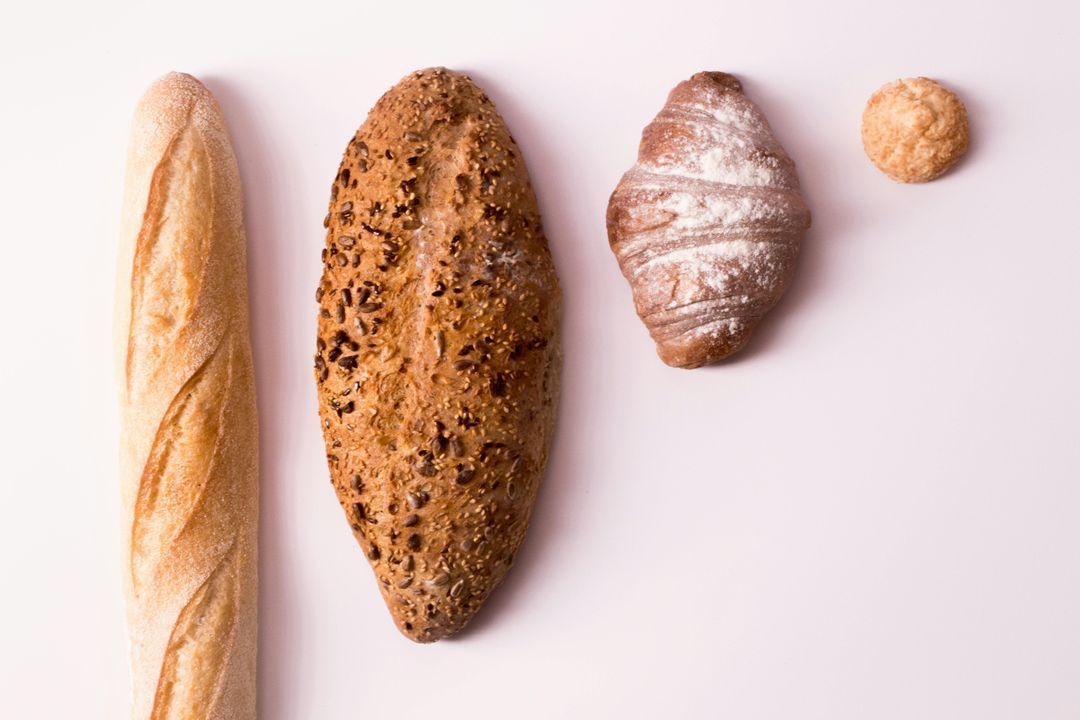
Is gluten bad for everyone?
Is eating gluten-free healthier? How do you know if you have celiac disease or just a gluten sensitivity?
And what does it really mean to eat gluten free?
In an era when supermarket shelves are filled with “gluten-free” products and more and more people say they “cannot tolerate it”, its time to clarify – without fads or fears .
📌 What is gluten?
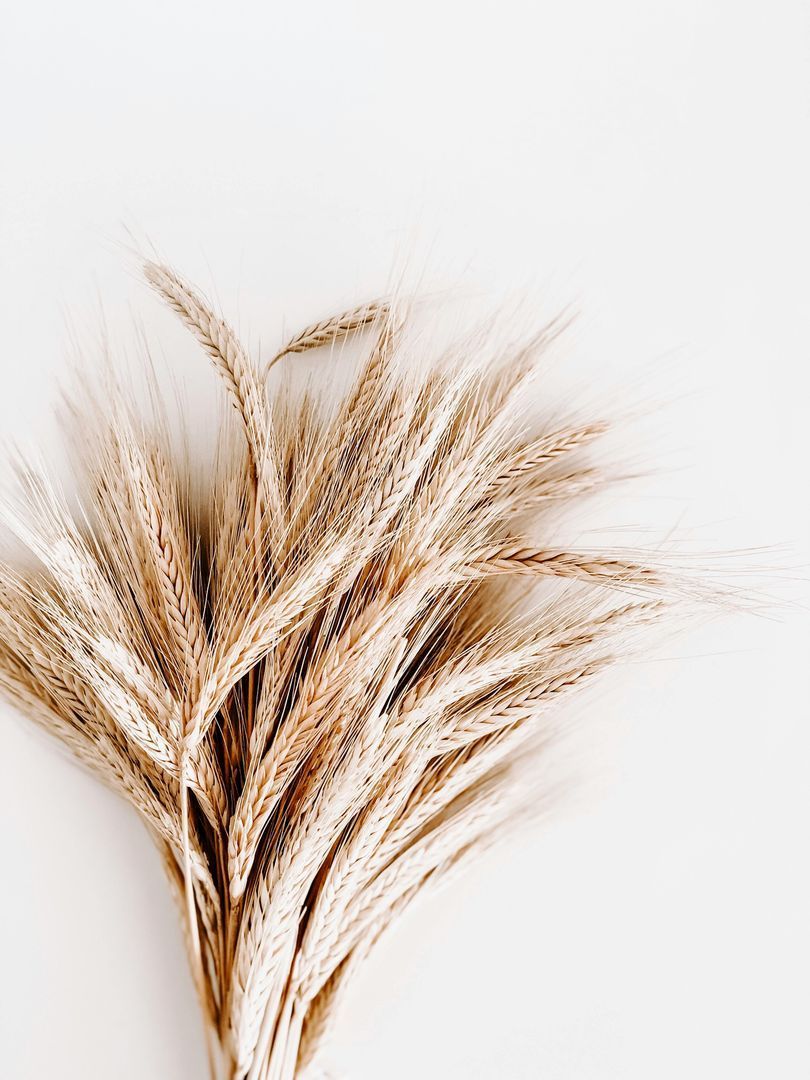
Gluten is a natural protein found in some cereals : wheat, spelt, barley, rye, triticale, and kamut .
It is not a toxic protein per se, but it has a complex structure and is resistant to digestion , which can cause adverse reactions in some people.
⚙️ From a technological point of view, gluten is what gives dough its elasticity : it makes bread soft, pizza stringy, and pasta firm when cooked.
🚨 Who really needs to avoid it? Celiacs.
Celiac disease is a chronic autoimmune disease : in those who suffer from it, the ingestion of gluten damages the intestinal mucosa , causing persistent inflammation.
Most common symptoms:
- Abdominal pain, bloating, diarrhea
- Weight loss or anemia
- Chronic fatigue
- Growth retardation in children
👉 Even minimal traces of gluten (less than 20 ppm) can cause harm to celiacs, even without immediate symptoms .
For this reason, a strictly gluten-free diet is essential.
Diagnosis:
- Blood tests (anti-transglutaminase antibodies)
- Gastroscopy with duodenal biopsy
- ⚠️ Never start a gluten-free diet before testing: it will compromise the results.
😕 And what about those who arent celiac but are feeling unwell?
More and more people are feeling unwell after eating gluten , but they arent celiac or allergic to wheat. In these cases, were talking about:
📉 Non-celiac gluten sensitivity (NCGS)
A condition not yet fully understood , in which:
- There is no intestinal damage
- There are no markers in the blood
- But the symptoms (bloating, tiredness, headache, brain fog) improve by removing gluten
According to recent studies, it may be a reaction to FODMAPs, starches, pesticides, or other substances in modern wheat , not to gluten itself.
❌ Dont confuse celiac disease with fashion
Eating “gluten-free” has become trendy.
Many do it to feel lighter , lose weight, or improve digestion. But be careful:
Eating gluten free:
- Its not healthy in itself anymore
- It doesnt automatically make you lose weight
- It is not necessary if you do not have sensitivity or celiac disease
- Can lead to nutritional deficiencies if poorly managed (fiber, iron, B vitamins)
🧾 Labels and contamination: attention to detail
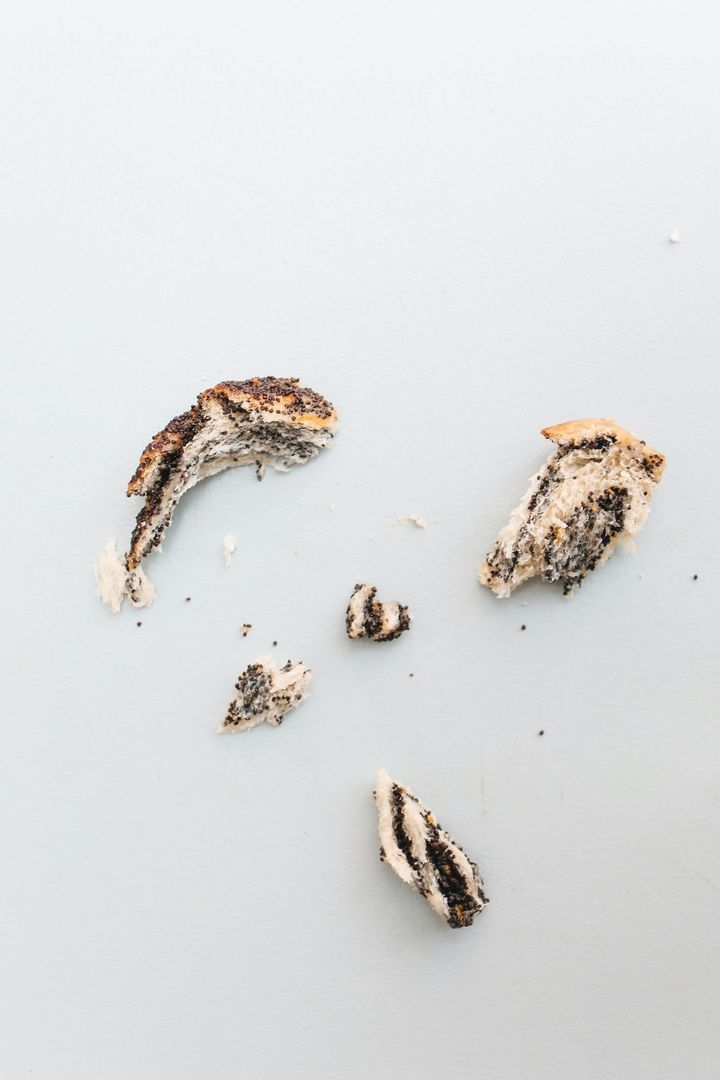
For a celiac, avoiding contamination is essential . This means:
- Read every label: gluten can be hidden in thickeners, flavorings, sauces, cured meats, supplements
- Use dedicated cutlery and surfaces
- Avoid mixed cuisines in non-certified restaurants
- Only purchase products labeled gluten-free or with the crossed-out ear of wheat symbol.
❗ Even a knife covered in breadcrumbs can be enough to cause intestinal damage in a celiac.
✅ Naturally gluten-free cereals and foods
A gluten-free diet doesnt have to be miserable! Heres a list of naturally gluten-free grains and pseudo-grains :
Gluten-free Rice Easy to digest Corn Versatile (polenta, tortilla) Buckwheat Protein and fiber Quinoa All essential amino acids Mile Light, mineralizing Amaranth Calcium and iron Sorghum Antioxidants Potatoes, chestnuts, legumes Natural energy 🧠 Gluten-free psychology: beware of nocebo effects
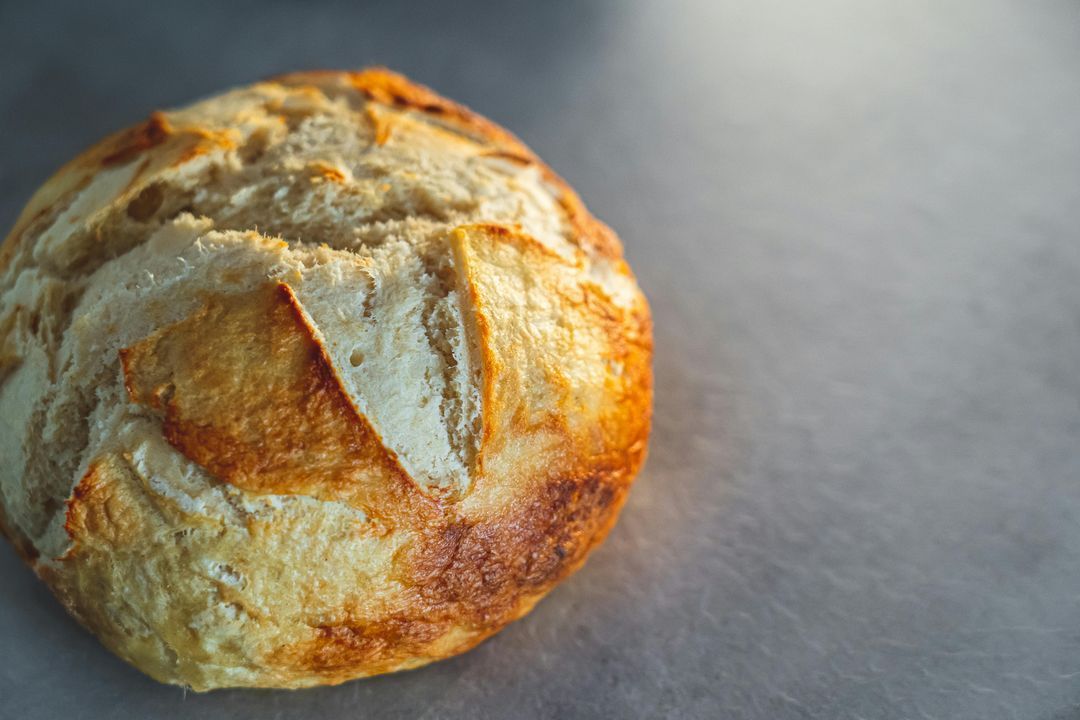
Those who eliminate gluten may feel better even just from the placebo effect , because:
- Avoid heavy industrial products
- Reduce sugars and refined carbohydrates
- Eat more vegetables, fiber, simple foods
👉 Its not (always) gluten thats the problem, but the quality and general food context .
🛠 What to do if you suspect a gluten problem
Observe the symptoms : diarrhea, bloating, chronic fatigue, anemia?
Consult a doctor (no self-diagnosis)
Get tested before eliminating gluten
If tests are negative, discuss with a nutritionist a gradual elimination protocol to check for sensitivity.
Dont follow fashion: every body has different needs.
❤️ Living gluten-free: yes, but with balance
For celiacs, a gluten-free diet is a lifesaving therapy .
For sensitive people, it can be a useful but customizable choice .
For everyone else… it is not an enemy to be fought.
The real challenge isnt whether or not youre gluten-free, but rather returning to a healthy, varied, and complete diet, with unrefined grains and real food.
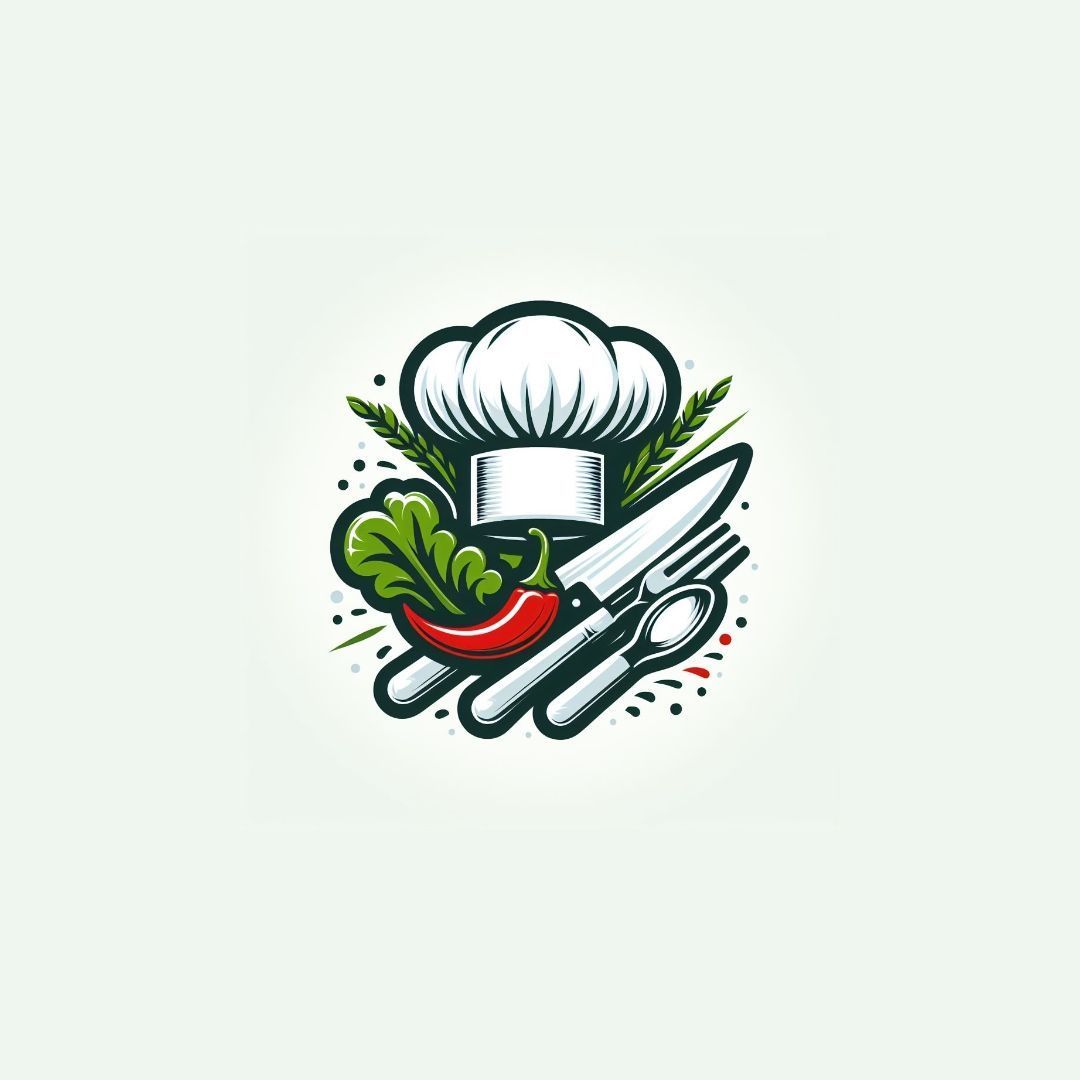
gourmet
Data di inserimento 30 giu 2025
Report article

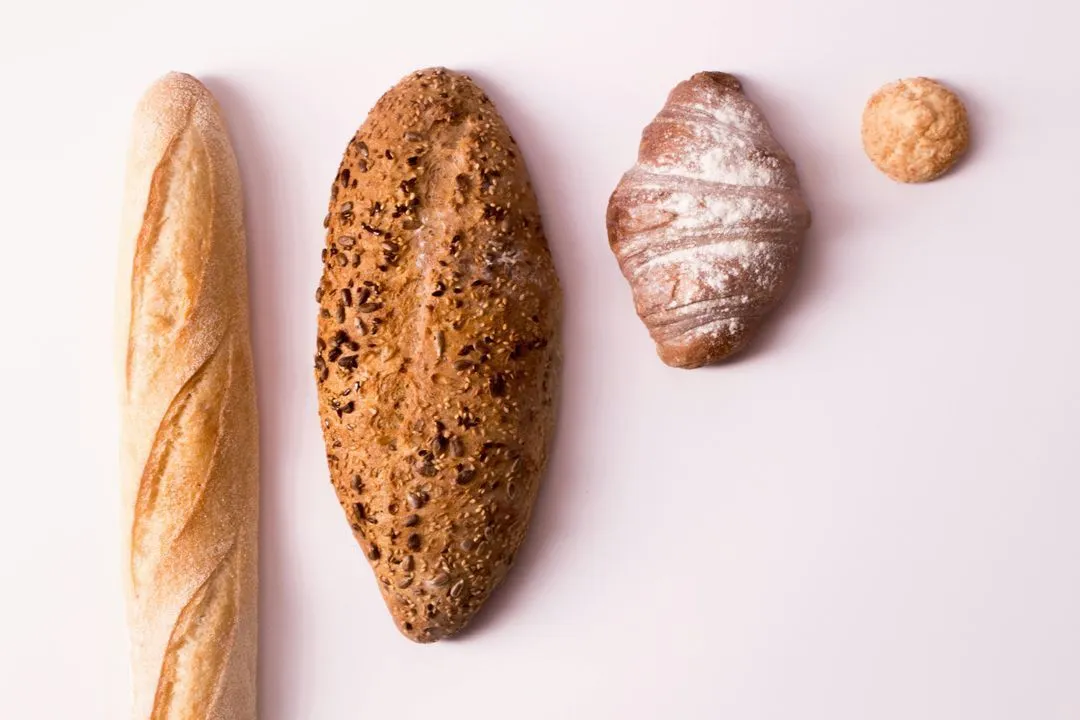
Comments
There are no comments yet.